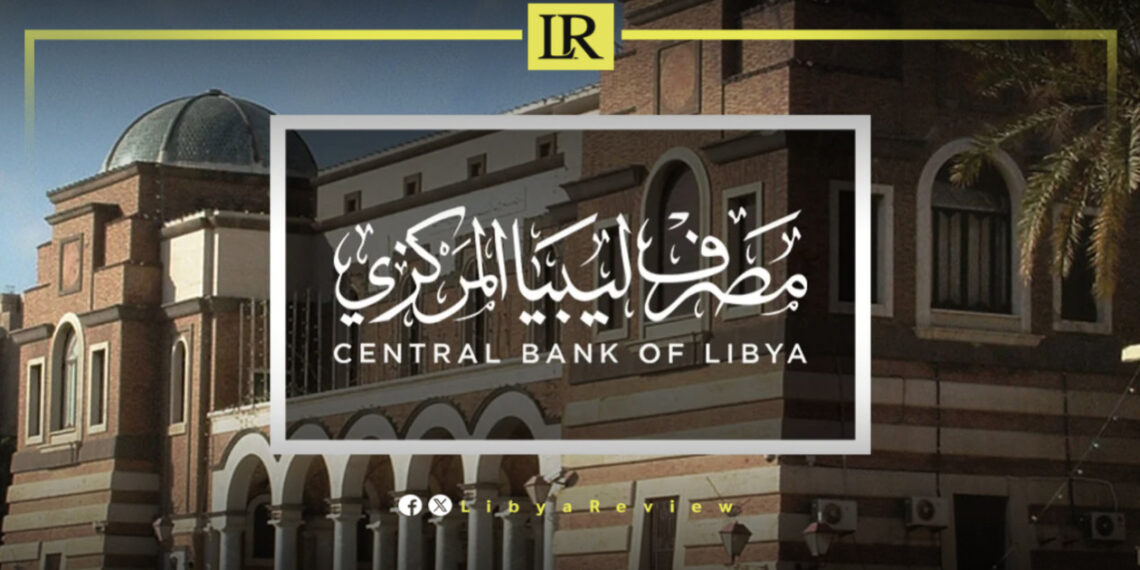On Sunday, the Central Bank of Libya (CBL) issued a warning over the financial burden posed by irregular migration and undocumented foreign labor, revealing that the country is losing an estimated $7 billion annually as a result.
In a statement, the bank said the uncontrolled presence of undocumented workers and illegal migration has significantly increased domestic consumption and demand for foreign currency—primarily through the informal market.
This surge is fueling unregulated economic activities, expanding money laundering networks, and potentially supporting terrorist financing.
According to the bank, Libya’s inability to curb rampant smuggling of subsidized goods and fuel has further worsened the problem.
Smuggling operations have sharply driven up demand for imports, forcing the central bank to draw from its limited foreign reserves to stabilize the dinar’s value. The situation has placed enormous pressure on the country’s financial system.
Earlier today, the Central Bank of Libya announced a 13.3% devaluation of the Libyan dinar. The new exchange rate sets the value of one dinar at 0.1349 Special Drawing Rights (SDRs), down from the previous rate of 0.1555 SDRs.
This translates to an official exchange rate of 5.5677 dinars per U.S. dollar. However, the black market rate remains significantly higher, reaching 7.11 dinars per dollar as of Saturday, highlighting the growing gap between official policy and market realities.
CBL Governor Naji Mohamed Issa said that the institution may be forced to take further corrective measures, citing the absence of unified public spending policies.
He pointed to the ongoing fiscal division between the eastern and western governments as a major driver of instability and inflation. In 2024, the central bank reported that dual spending reached 224 billion dinars, far outpacing total revenues, which stood at only 136 billion.


